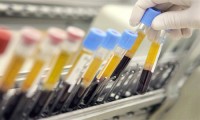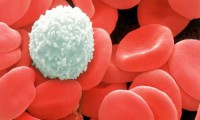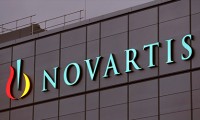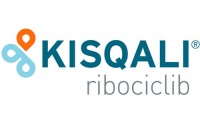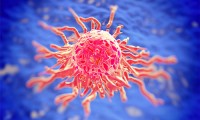-
Cancer-detecting start-up Grail is seeking more funding, mere months after raising $900 million
- Source: Cnbc
- 461
- November 2, 2017
-
Hormone therapy for prostate cancer increases cardiac risk
- Source: medicalnewstoday
- 612
- October 19, 2017
-
Owlstone’s search into breath biomarkers of cancer
- Source: pharmatimes
- 523
- June 15, 2017
-
Novartis Prepare Case for Earlier Kisqali Use
- Source: Ddu
- 613
- June 4, 2018
-
NICE sticks with ‘no’ for earlier use of Halaven
- Source: pharmatimes
- 1,831
- February 23, 2018
-
Roche snags another Perjeta combo nod, but will ‘weak’ data limit its use?
- Source: fiercepharma
- 558
- December 28, 2017
-
Novartis reports positive results from Phase III trial of Kisqali® (ribociclib) combination therapy
- Source: Novartis
- 809
- November 10, 2017
your submission has already been received.
OK
Subscribe
Please enter a valid Email address!
Submit
The most relevant industry news & insight will be sent to you every two weeks.

